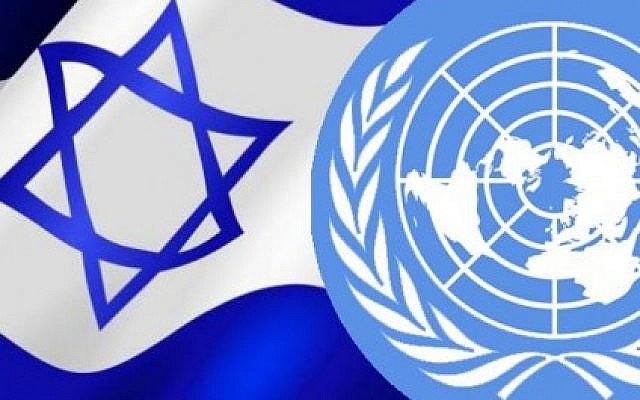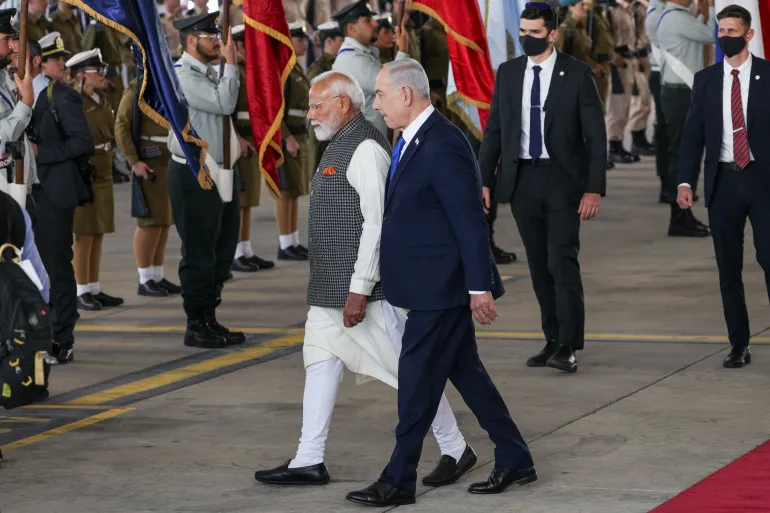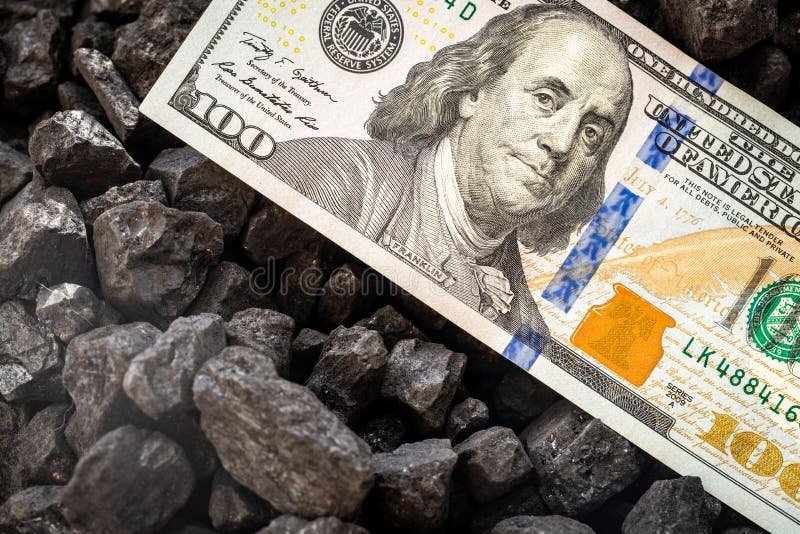Editorial
As the war in Gaza escalates, Israel finds itself increasingly cornered on the global stage. Once shielded by strong alliances, Tel Aviv now faces mounting political, economic, and cultural backlash reminiscent of the sanctions era that dismantled South Africa’s apartheid regime. Even within Israel, former prime ministers Ehud Barak and Ehud Olmert warn that Netanyahu’s policies are transforming the country into an international pariah.
The diplomatic fallout is clear. With the ICC warrant limiting Netanyahu’s travel, and key European states—Britain, France, Belgium, Canada, and Australia—preparing to formally recognise Palestine, Israel risks deeper estrangement. Gulf nations, outraged by Israel’s strike in Qatar, are pressing for a united response. In parallel, the EU—Israel’s largest trading partner—is moving toward sanctions on extremist ministers, while influential former European diplomats demand the suspension of the EU-Israel association agreement.
Symbolic boycotts are also emerging. Cultural and sporting arenas, historically central to South Africa’s isolation, are now in play against Israel. Countries such as Spain, Ireland, and the Netherlands are threatening to boycott Eurovision if Israel competes, while chess players have withdrawn from European tournaments. These steps erode Israel’s claim to normalcy in global society.
European sanctions add weight to the pressure. Belgium has barred imports from West Bank settlements, sanctioned hardline ministers, and restricted consular support to settlers. Spain followed by enforcing an arms embargo and banning weapons shipments bound for Israel. Such actions highlight Europe’s growing impatience with Netanyahu’s defiance, especially as images of starvation in Gaza shock global conscience.
https://facebook.com/RepublicPolicy
Netanyahu’s response has been combative. He dismisses sanctions as antisemitic and urges Israel to reduce reliance on foreign trade. Yet his admission of “a kind of economic isolation” underscores the seriousness of the crisis. With Gaza’s devastation deepening and Arab states rallying behind Palestine, Israel faces a critical question: can it withstand what is fast becoming its own “South Africa moment”?
















